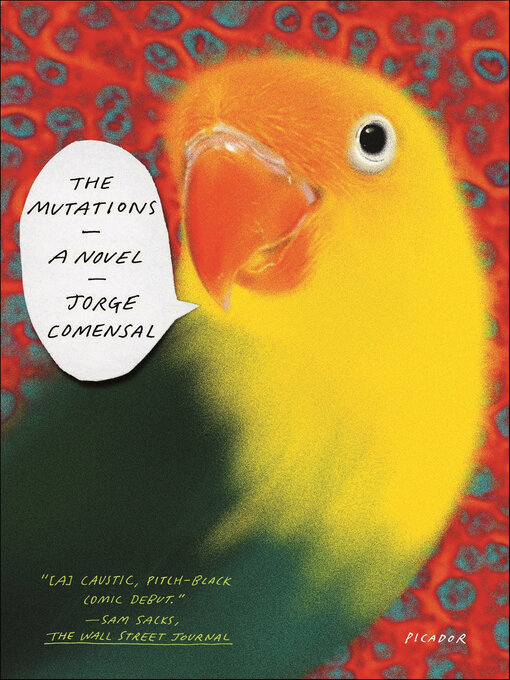"Jorge Comensal's The Mutations oscillates masterfully between comedy and tragedy, gathering up in its pages a stupendous panoply of characters before whom the reader is never sure whether to smile in sympathy or pity."—Fernando Aramburu, author of Homeland
Ramón Martinez is a militant atheist, successful lawyer, and conventional family man. But all of that changes when cancer of the tongue deprives him of the source of his power and livelihood: speech.
The Mutations, by Jorge Comensal, is a comedy tracing the metastasis of Ramón's cancer through his body and in the lives of his family members, colleagues, and doctors, dissecting the experience of illness and mapping the relationships both strengthened and frayed by its wake. Mateo and Paulina, his teenage children, struggle with the temptations of masturbation and binge eating, respectively. Ramón's melancholic oncologist is haunted by the memory of a young patient whom he was unable to save. His selfish pathologist believes Ramón's tumor holds the key to a major scientific breakthrough. And then there's Elodia, Ramón's pious maid, who brings him a foulmouthed parrot as a birthday gift. This lewd bird becomes Ramón's companion, confidant, and unlikely double.
Paying homage to the works of forebears such as Sontag, Didion, Flaubert, and Tolstoy, and filled with a rough-hewn poetry of regret, rage, and finally resignation, The Mutations offers a profound but funny cross section of modern Mexican life, as well as a bold treatment of an unspeakable yet universal reality
- Available now
- New eBook additions
- New kids additions
- New teen additions
- Most popular
- Try something different
- See all ebooks collections
- Available now
- New audiobook additions
- New kids additions
- New teen additions
- Most popular
- Try something different
- See all audiobooks collections




